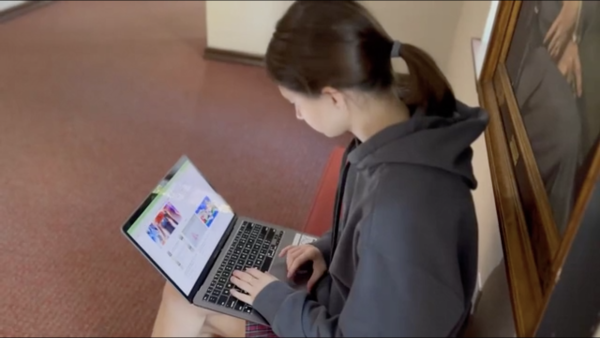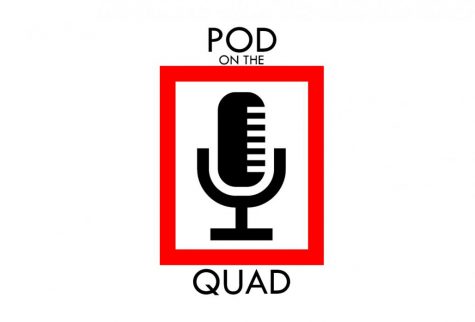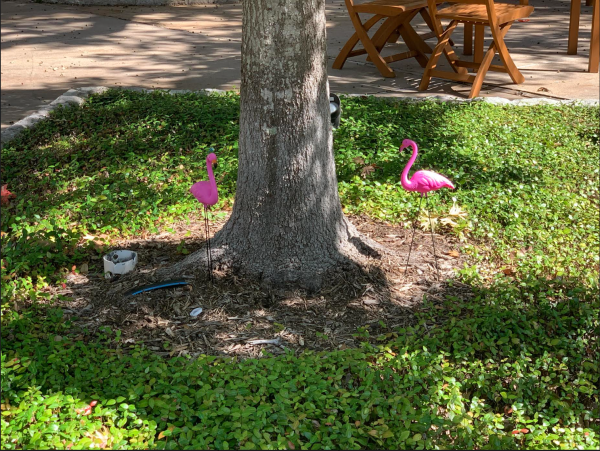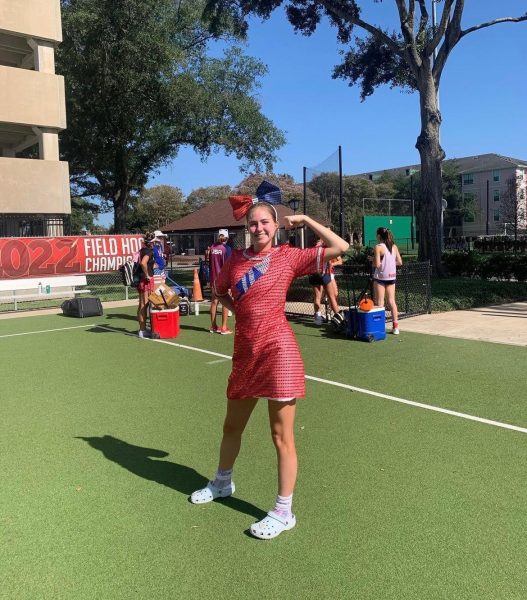“Don’t let others tell you who you should be — that’s something you can decide for yourself.”
Incidents of violence against Asian Americans and Pacific Islanders have increased nationwide because of the global pandemic, which began in Wuhan, China. In March, a series of shootings at Atlanta massage parlors left eight people dead, six of whom were Asian American women. These murders sparked nationwide discussions about racism against the AAPI community. In response, the East Asian Affinity Group created an informative video last spring that Upper School students watched, but Yu noticed that the conversation soon waned.
“It reinforces the idea that in order for you to have a voice, you need to be violated first,” Yu said.
Weeks later, an elderly Asian woman was attacked in New York City as bystanders failed to intervene.
Chia-Chee Chiu became increasingly concerned about the safety of her parents: “That was heartbreaking. I cried, and I worried a lot.”
Typically, each affinity group holds an assembly every other year to share their culture and experiences. Yu and other leaders would like to see every affinity group present each year.
“This isn’t a thing that you can alternate because each one of our voices matters so much,” Yu said.
It reinforces the idea that in order for you to have a voice, you need to be violated first.
— Dian Yu
EAAG strives to develop a community in which East and Southeast Asian students can feel proud. The affinity group was “instrumental” toward making Yu feel a part of the school.
“You’ve been taught [by society] to suppress your identity and be embarrassed by it,” Yu said. “Now is the time to connect with other people who share your identity and learn about their experiences.”
As part of its Mission Statement, St. John’s aims to “develop the whole person in preparation for a lifetime of personal fulfillment and contribution to society.” Chiu stresses that empathy across different cultures and perspectives is crucial toward achieving this goal.
“Leaders need to take the time to learn and hear different perspectives,” Chiu said. “Having more than one perspective helps you figure out what’s important and what’s not.”
In order to build a strong community, Chiu suggests that individuals strike a balance between their similarities and differences, which “make us all members of the same human community.”
Chiu acknowledges that it can be difficult for Asian American students to embrace their culture and identity. “You have a foundation from your family and values that you carry and lean on,” she said. “My parents gave us a very strong foundation of our identity.”
Joseph Soliman urges students to explore as they feel comfortable, emphasizing that no two individuals share identical paths.
“Follow what you’re passionate about, even if it doesn’t fit the stereotype of a STEM kid pursuing a medical career. People go through the natural process of discovering identity at different times and at different rates,” Soliman said. “Don’t let others tell you who you should be — that’s something you can decide for yourself.”
Return to cover page.
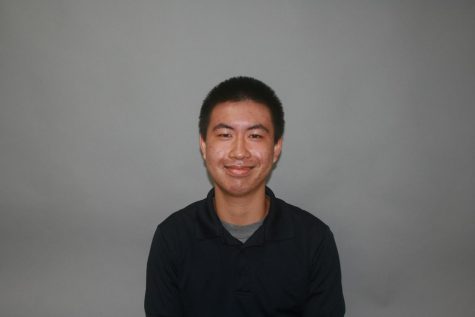
Russell is a senior in his fourth year on Review. He's a milk tea fanatic, and whenever he's not writing or editing, he most enjoys running, eating, sleeping,...
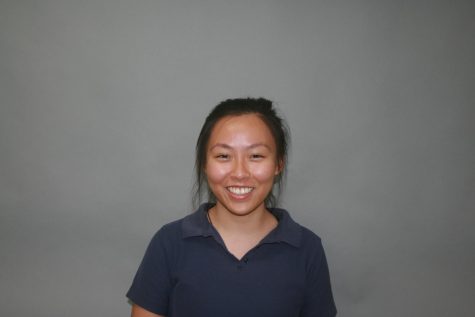
Ella is a senior in her fourth year on Review. Her dream is to go skydiving, and she's addicted to Honey Nut Cheerios.
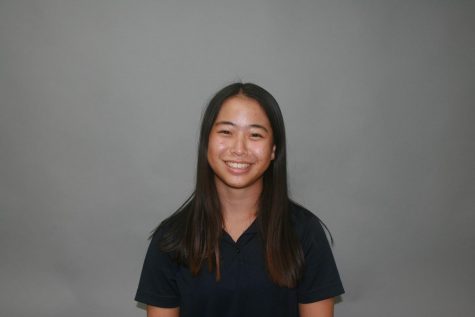
Ashley is a senior in her fourth year on The Review. She enjoys playing golf, baking and, to be honest, does not remember the sleep assembly.



